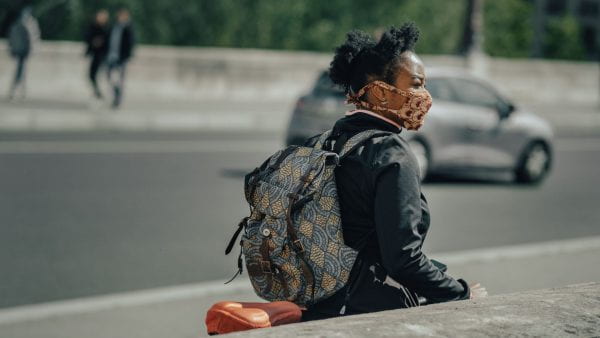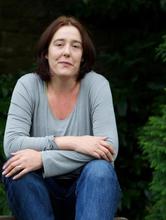This blog post was written by Dr Saffron Karlsen, (Senior Lecturer in Social Research, University of Bristol)
On the last weekend of May 2020, much of the world watched with horror scenes of US urban disturbances in response to the death of George Floyd – another Black person killed in police custody. On the other side of the pond, many in the UK also awaited the release of an official report into the higher rates of infection and death of Black and other ethnic minority people from COVID-19.

Photo by Thomas de LUZE on Unsplash
Delays and disappointment
This Public Health England (PHE) report was heralded as an opportunity to finally provide answers to questions we’d had since evidence of these inequalities first emerged. The inquiry’s lead, Professor Kevin Fenton, described the pressing need for open discussion, to listen to the views of people from Black communities and those who worked with them to find out what was producing these inequalities.
Unfortunately, the report which was finally released is very far from fulfilling these ambitions. It does not provide a detailed investigation of the drivers of these ethnic inequalities and includes very little new information from which to make sense of these patterns.





